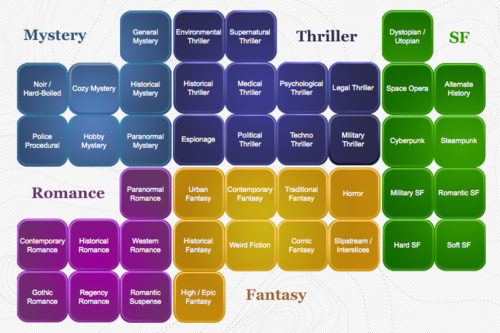I’m still revising and still getting tired of the old
project.
At one point I thought the thing was okay. It seems the more
time I spend on it; the more doubts have about it. Been working on it coming up
on two years and I’ve felt pretty good about. The endless tweaking and
wrestling over fine points gets tiring.
That equates to less time for the new one. Ah, the next
project. I’m close. I start too many things without wrapping up loose ends. I
want to see the old one to finish. But I’ve got this other story that’s been
stewing and I’m about ready to pull it off the back burner. Maybe I can close
it out this month just in time for NaNoWriMo.
I love the act of writing. I’m coming to appreciate the
value of time spent on developing, story mapping, or whatnot before fingers
take to keyboard. I wrote one book and took it to WIFYR (on it’s second time)
to discover it was vague and wandering. Had most of it worked out by the next
conference, but that was only after figuring out the direction.
Direction good. A story still needs the freedom to wander
and go to unintended places.
I’ve got an idea for the new project, a very rough idea of
where it’s heading. The two main characters are in mind and a few events mapped
out in my head. The genre is a tricky part. My favorite is historical fiction,
a view not many share. There seems to be a disconnect with history and young
readers. As the market speaks, so publishers go for other genres, fantasy, for
example.
Yet historical can be like fantasy, minus the flying dragons
and such. Real people, just like us, but in an other world. Setting becomes its
own character.
Take A Game of Thrones,
a riveting series by George R. R. Martin and a current fascination of my wife
and I on TV. How different is its medieval-like setting from our earlier human
existence? Martin’s main characters jockey for position as their drive for power
drives the story. Lords and Ladies, noble houses, greed, deception, assassins, war:
Game has it all. It could have been set
in feudal Europe of the 1300s. It’s the same kind of stuff Shakespeare wrote.
Minus the dragon eggs, of course. Historical fiction has its place.
That’s the next project, after The End on the old one.



